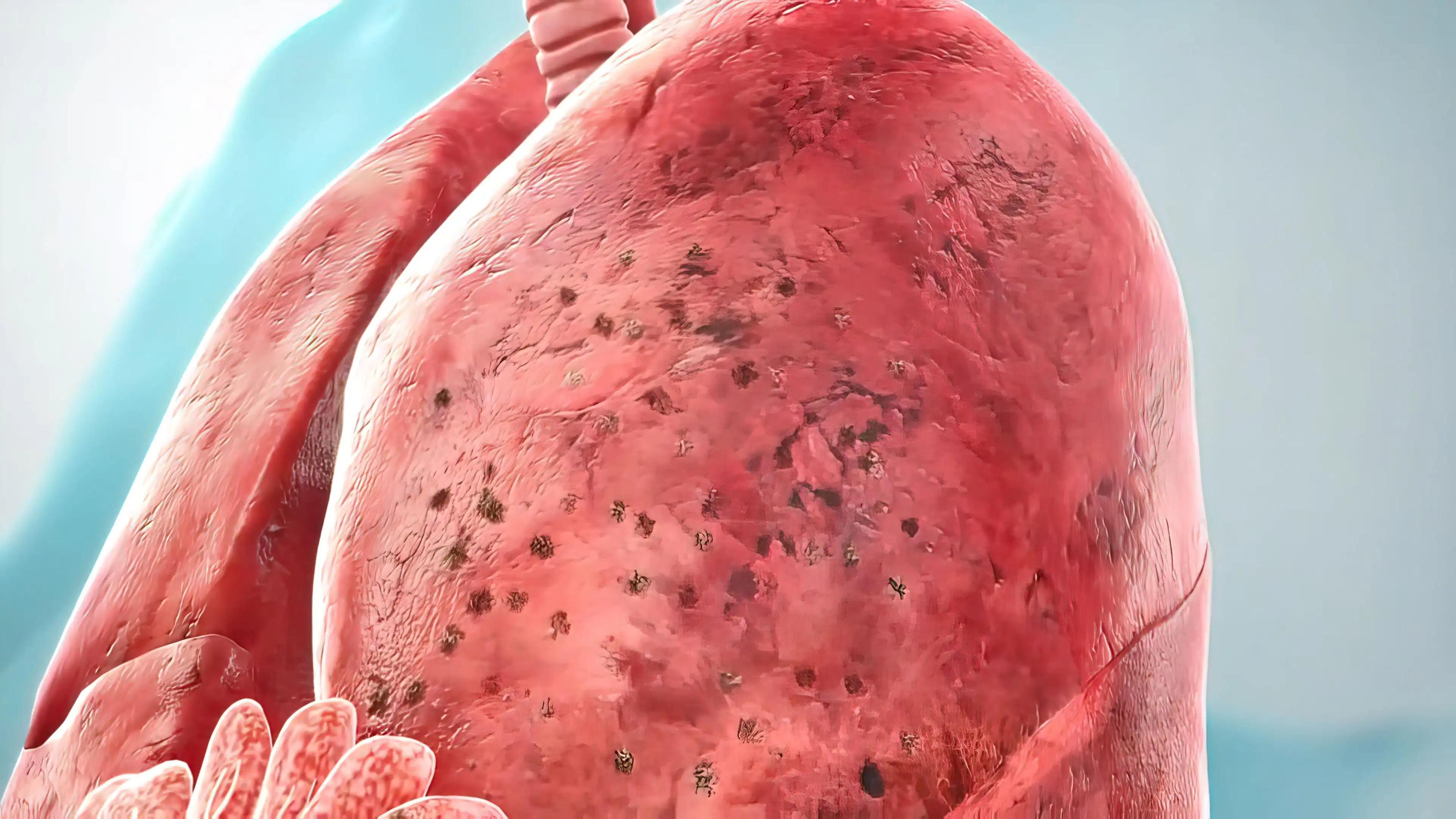KEY TAKEAWAYS
- The phase III trial aimed to compare the time toxicity of GDP vs. DHAP in R/R lymphoma pts before stem cell transplant in CCTG LY.12 RCT.
- Days without healthcare contact are considered home days, time measures compared across arms.
- The study found that RCT-derived time toxicity measures can inform treatment decisions for aggressive hematological cancers, even when oncologic outcomes are comparable.
Time toxicity, defined as days with healthcare contact, can help patients(pts) and oncologists choose cancer treatments with similar oncologic outcomes but less time burden. Researchers aimed to compare the time toxicity of GDP vs. DHAP in 619 relapsed/refractory(R/R) lymphoma pts before stem cell transplant in CCTG LY.12 RCT.
The initial analysis showed comparable response rates, transplantation rates, event-free survival, and overall survival between the groups. We assessed individual patient toxicity over time using data from randomized controlled trial forms. The study period ran from the assignment date to disease progression or the day before the stem cell transplant. They regarded days without healthcare contact as “home days” and compared time-related metrics between the groups.
The GDP arm had a longer median study duration (50 days) than the DHAP arm (47 days), with a p-value of 0.007. The median time spent on toxic days was similar in both arms (18 vs. 19 days, P=0.79), but the GDP arm had more median home days (33 vs. 28 days, P<0.001). The proportion of time spent on toxic days (time toxic days divided by study duration) was lower in the GDP arm (34% vs. 38%, P=0.009). In the GDP arm, there were more days of time toxicity related to planned outpatient chemotherapy (median 10 vs. 8 days), while the DHAP arm had a significantly higher number of hospitalization days (median 11 vs. 0 days).
The study found that RCT-derived time toxicity measures can inform treatment decisions for aggressive hematological cancers, even when oncologic outcomes are comparable.
Source: https://ascopubs.org/doi/abs/10.1200/JCO.2023.41.16_suppl.12135#:~:text
Clinical Trial: https://www.clinicaltrials.gov/study/NCT00078949
Arjun Gupta, Annette E. Hay, Michael Crump, Marina Djurfeldt, Liting Zhu, Matthew Cheung, Lois E. Shepherd, Bingshu E. Chen, and Christopher M. Booth. DOI: 10.1200/JCO.2023.41.16_suppl.12135 Journal of Clinical Oncology 41, no. 16_suppl (June 01, 2023) 12135-12135.



